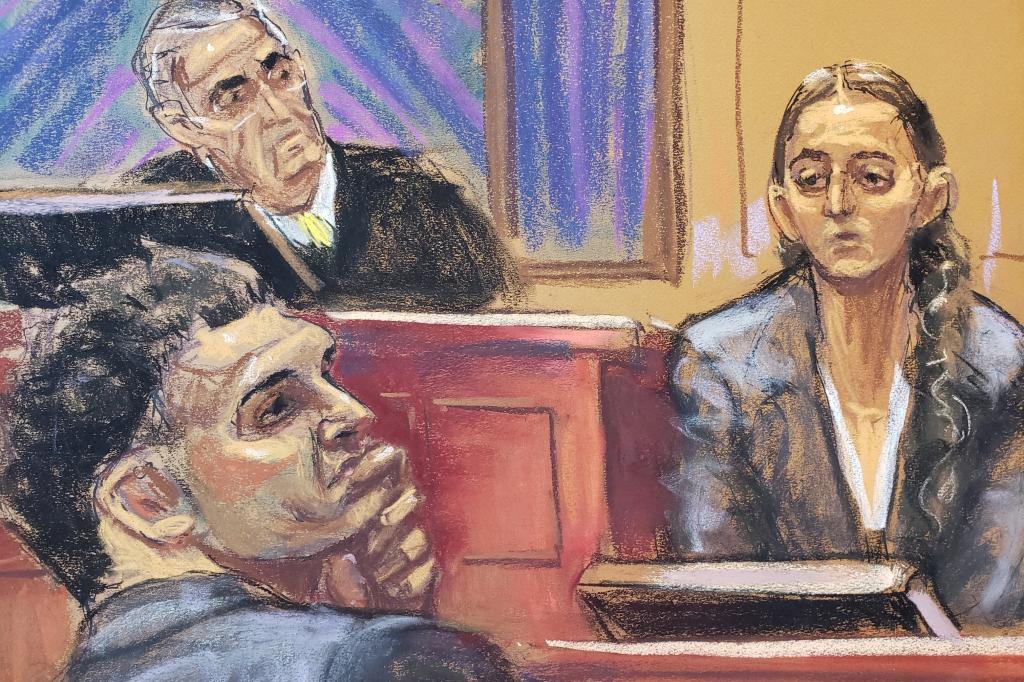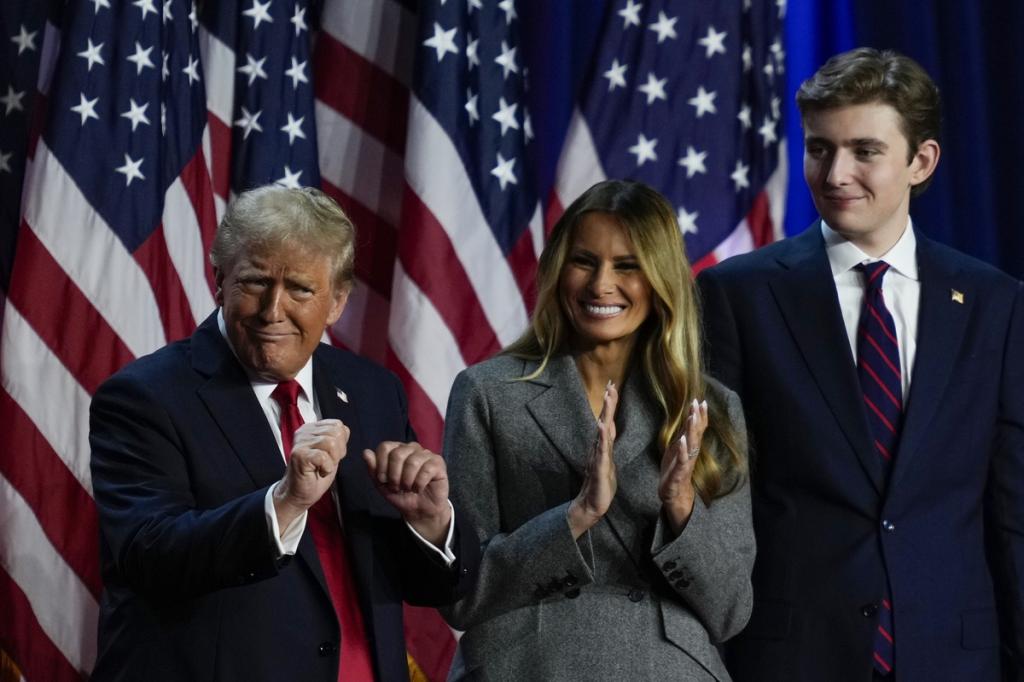Caroline Ellison's Journey from CEO to Whistleblower in FTX Scandal
Discover how Caroline Ellison's cooperation in the FTX scandal reshaped notions of accountability and leniency for whistleblowers in financial crime.

Key Points
- Caroline Ellison
's cooperation as a key witness in the FTX scandal led to a reduced prison sentence, highlighting the impact of whistleblowers in financial crimes.
- The public scrutiny and personal fallout from her involvement illustrate the challenges faced by whistleblowers seeking justice.
- Ellison's case raises important questions about accountability, leniency, and the encouragement of cooperation in the legal system.
In the aftermath of one of the most significant financial scandals in U.S. history, former
CEO Caroline Ellison was sentenced to two years in prison for her involvement in the FTX fraud scheme. This scandal not only rocked the cryptocurrency world but also raises essential questions about the consequences for those at the helm of such catastrophic failures and the leniency often granted to whistleblowers.
Ellison's case encapsulates a complex narrative of guilt, repentance, and the intricate dynamics of cooperation in white-collar crime. As we delve into her journey, we can glean valuable insights about the judicial system's treatment of insiders who choose to cooperate with authorities.

The Background: FTX's Collapse
The dramatic collapse of FTX, a once-thriving cryptocurrency exchange valued at $32 billion, was uncovered in late 2022. Ellison, alongside her ex-boyfriend and FTX founder
, was deeply implicated in a scheme that misappropriated billions of dollars of customer funds. While Ellison played a critical role in these activities, what set her apart was her decision to fully cooperate with legal authorities following the company's bankruptcy.
Ellison pleaded guilty to multiple charges, including wire fraud and conspiracy, and expressed her remorse in court, acknowledging the extensive harm her actions caused to countless customers. “Not a day goes by that I don’t think about all of the people I hurt”, she stated, highlighting her profound regret. This sentiment resonates deeply with many who find themselves caught in similar circumstances.
The Importance of Cooperation
Judges often face the challenging task of weighing the severity of crimes against an individual’s willingness to cooperate with the investigation. In Ellison's case, Judge Lewis Kaplan commended her cooperation, referring to her as one of the best "cooperators" he had seen in his long judicial career. Her testimonies over three days were deemed crucial for understanding the extent of the fraud and ultimately led to Bankman-Fried’s conviction.

Her cooperation included over 20 meetings with prosecutors and consistent candor, which significantly aided the case against Bankman-Fried. As former federal prosecutor Neama Rahmani stated, “Ellison was the cornerstone of the government’s case”.
Public Scrutiny and Personal Fallout
Living under constant public scrutiny has taken a severe toll on Ellison. Her diaries and personal writings became tabloid fodder, leading to significant public derision, highlighting the intense scrutiny that many in her position face. This ongoing harassment raises questions about the treatment of whistleblowers and the support they receive during such turbulent times.

Despite her cooperation, much of the public conversation remains centered on the scale of her crime. Critics argue that the sheer size of the fraud—amounting to $11 billion—should warrant harsher penalties. However, judges like Kaplan must balance the need for accountability against the precedent set for leniency in similar cases.
A New Perspective on Leniency in Sentencing
Ellison's sentencing reflects a pivotal case in determining how the justice system navigates the complex interplay between punishment and the encouragement of cooperative testimony. As her legal team argued for no prison time, underscoring her acceptance of responsibility and the personal toll of her public downfall, we must consider what this means for future whistleblowers.
Judges are increasingly finding themselves in the position of determining not just punishment, but the type of environment that will foster cooperation in the pursuit of justice. With Ellison's case, the courts may ultimately send a message that cooperation could lead to more lenient sentences, promoting accountability while simultaneously nurturing a culture where individuals are less fearful of coming forward.
Caroline Ellison's journey from CEO to whistleblower serves as a complex tableau of remorse, accountability, and the intricacies of the legal system. As discussions around her case continue, it remains crucial for us to reflect on the broader implications for whistleblower protections and the moral responsibilities of those in high-stakes environments.


